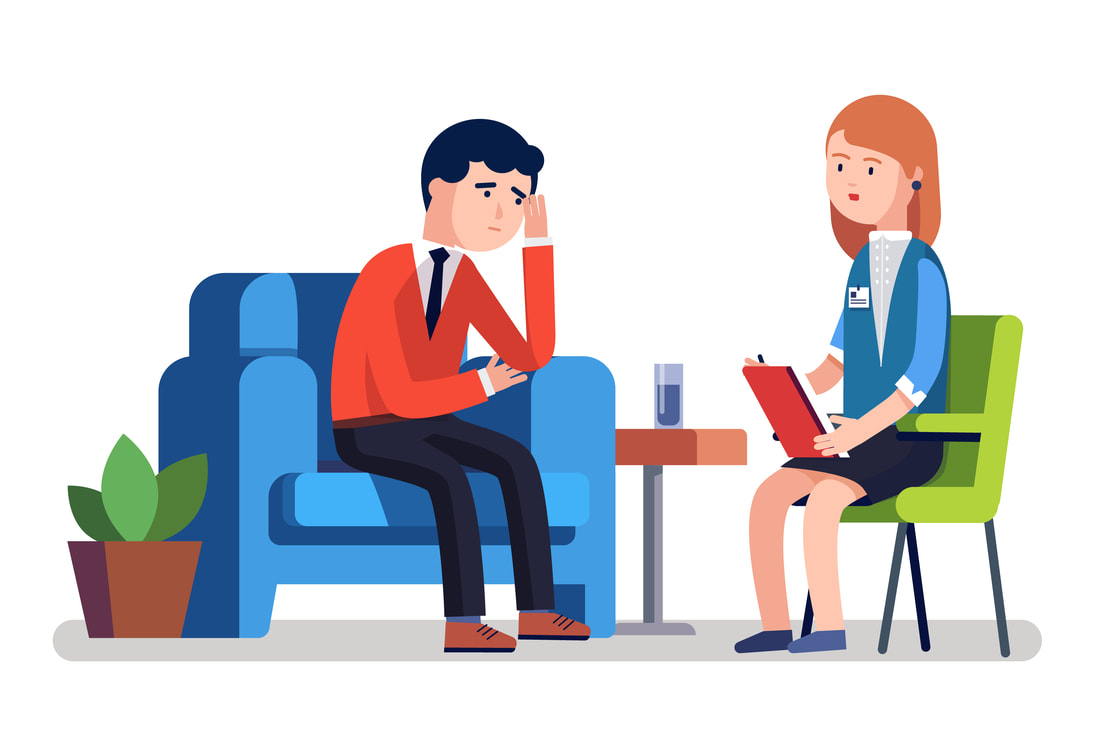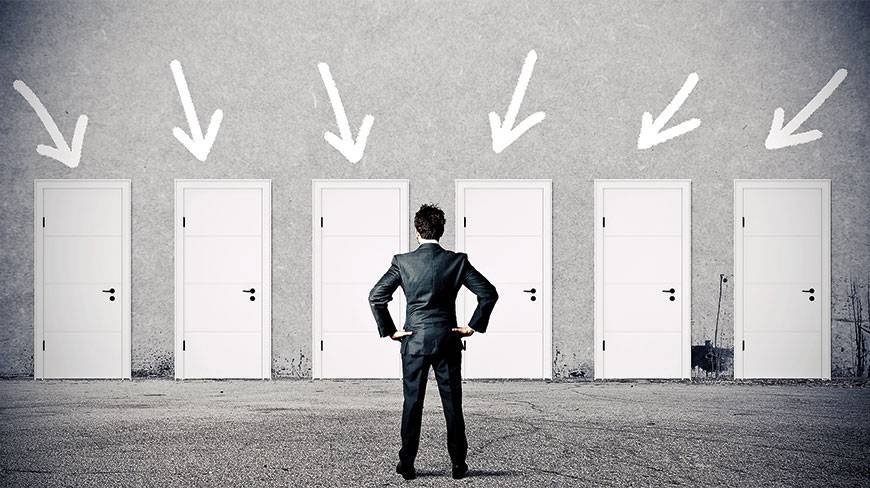If you’ve never had counselling before it can be hard to know what to expect. But, almost certainly, everyone who comes for therapy walks into the counselling room with a degree of expectation. It might be an expectation that the therapist is going to “fix” the problems you’re experiencing, or maybe that they’re going to be shocked by what you tell them. To help keep your expectations of therapy realistic, here’s a guide to what a therapist can and can’t do.
What a therapist can do
Give non-judgemental support – no matter what you tell us, your therapist is not going to judge you. We’re there to provide support in a space that’s free of judgement or criticism, so you feel safe to disclose your innermost thoughts and feelings.
Offer confidentiality – we don’t discuss clients with anyone else, unless it’s in supervision (where you’re kept anonymous) or in exceptional circumstances where something you tell us means we have to break confidence. Your therapist will always outline what these exceptional circumstances are when they contract with you in your first appointment.
Help you identify and change patterns – your therapist will reflect back what they hear you say and make observations in order to help you make links between the events in your life and identify behaviour patterns. We will then support you in making changes to break negative patterns.
Support you in achieving goals – we work with you to help you achieve your goals. In some cases, this may mean referring you to another therapist who is more experienced in a particular specialism so you can get the best support and therapy experience.
Increase your self-awareness – the therapy process is one of learning, and your therapist is there to offer observations and challenges to increase your self-awareness, which you can continue to use to inform your life decisions after therapy has ended.
Be human! – we’re not robots, and one effect of having empathy for your experiences is that we feel your emotions as we sit with you. It’s what helps us to understand the world from your point of view and offer non-judgemental support.
What a therapist can’t do
“Cure” you – while therapy can help you find ways to manage the problems/symptoms you’re experiencing and find new coping strategies, it can’t change the underlying stressors. For example, if you have anxiety life events may continue to cause you anxiety or stress. Therapy can’t eradicate this but it can help you to manage your anxiety more effectively.
“Fix” the problem(s) – therapists aren’t there to give advice but to support you, offer encouragement, and to challenge you along the way as you find your own solutions and way forward. We can’t offer fixes, tell you how to resolve a problem or guarantee there is a “solution”. Rather, we work with you to help you achieve goals and find a positive way to move forward.
Change other people – if you come to therapy hoping to change your partner or someone around you, you’re going to be disappointed. Therapy is about looking at your thoughts and behaviours, and how you relate to others. And while changing your behaviours may naturally have an effect on those around you, it may not necessarily be in the way you're hoping.
Give a diagnosis – therapists aren’t medically trained and we won’t give you a diagnosis of a mental health condition. Instead, we’ll signpost you to the relevant source of medical support while you continue with therapy.
Give guarantees – it can be difficult to know how long the therapy process will take, what might be uncovered or how the process will make you feel. Often, people believe they’re coming to therapy for one issue but the real issue is actually something different. New, unforeseen difficulties may also arise during counselling that extend the therapy process.
Be your friend – while your therapist is there to provide support, we’re not there to be your friend. This doesn’t mean we don’t care about you, just that this care is restricted to being in a professional capacity. Your therapist should outline the professional boundaries of their relationship with you in your first meeting (often called an initial consultation).
Be on call – your therapist isn’t there to provide a personal support line between sessions. But that doesn’t mean you’re alone. If you’re finding things difficult, we'll chat to you about who to contact between sessions when we’re not available so you always know where to go for support.
Be shocked by what you say – it’s unlikely that you’ll tell us something we haven’t heard before. And even if you do, we’re there to understand the world from your point of view.
All the work - there’s no getting away from it, therapy can be hard work. And it’s work that your therapist can’t do for you. We'll be there to provide support and guidance, but it’s down to you to make changes. This means putting in work both during and between sessions.
Now you know more about what to expect from counselling, why not find out what to expect from your first therapy session. Or simply get in touch for a chat and to make an appointment.





 RSS Feed
RSS Feed